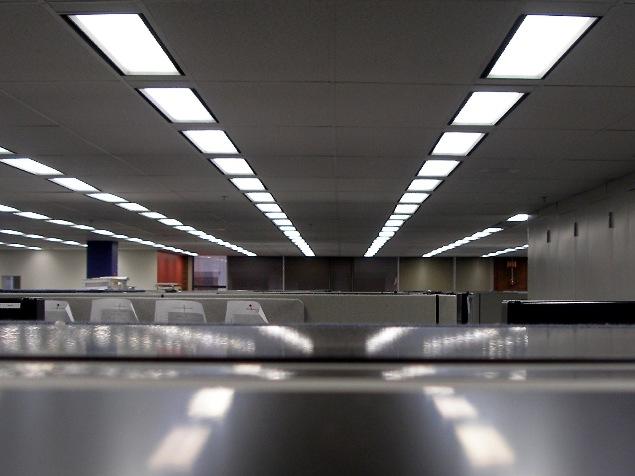
Section Branding
Header Content
WORKING: Signs Your Boss Doesn't Like You
Primary Content

It’s one of the questions our Working guy, Brandon Smith, gets most often: “I think my boss doesn’t like me. How can I tell?”
He says, bluntly, that’s because bosses are usually terrible communicators, and maybe slightly scared.
“They don’t do a good job of letting people know where they stand. As a result, what pops in our head is, ‘Does she like me? What if he doesn’t like me?’” said Smith, who teaches about workplace culture and communication, among other things, at Emory and Georgia State universities.
He said it’s common for bosses to dislike some of the people they supervise. But instead of being able to handle that, it “often plays out in unhealthy ways.”
So how can employees tell their boss isn’t a big fan? Smith offered some common signals from bosses.
(A quick note here: next week, Smith will explain what to do if you’ve figured out your boss doesn’t like you.)
-- A vague performance review.
“If they’re not really willing to give you clear, precise feedback, it may be a sign they don’t like you,” Smith said.
He said that would be like a performance review that boils down to, “stop doing what you’re doing, I don’t like it.”
“Or as one friend of mine got in her performance review, ‘stop being you,’” Smith said.
“It could mean you’re doing a good job, they just don’t like you or the way you’re doing it. Sometimes that happens, we have people whose personalities just don’t click,” he said.
-- A demotion.
Smith said getting demoted could be a manager’s way of trying to encourage an employee to find another job.
“They don’t have a good performance reason to invite you to leave, so what they’re doing is they’re taking the easy way out,” he said. “They’re going to demote you, hope you don’t like it, and then you’ll leave.”
-- The cold shoulder.
”If you’re being singled out as the person they won’t meet with, but they meet with others, it’s probably a sign that they just don’t like being around you,” Smith said.
He said most employees should expect to be able to meet with their boss for 30 minutes every two weeks at a minimum. Less than that likely indicates problems.
-- Rejection.
Smith said bosses usually have opportunities to spotlight employees, either by bringing them to a big meeting or introducing them to executives.
“If you’re not ever getting invited to any of those, and you watch a colleague—or colleagues—get invited, then you may have a problem,” he said.
Smith said these signs don’t always mean the boss simply doesn’t like an employee; sometimes they indicate the worker isn’t doing a good job.
“It could mean you’re just not doing the job you need to be doing,” he said. “But if that’s the case, they need to be clear in telling you what you need to be doing.”
Brandon Smith teaches about leadership, communication, and workplace culture at Emory University's Goizueta Business School. More of his advice is on his blog and at theworkplacetherapist.com. While you’re there, ask him your workplace or career question. We might answer you in a future radio segment.
Tags: career counseling, Brandon Smith, workplace, working, career, boss, bad bosses
